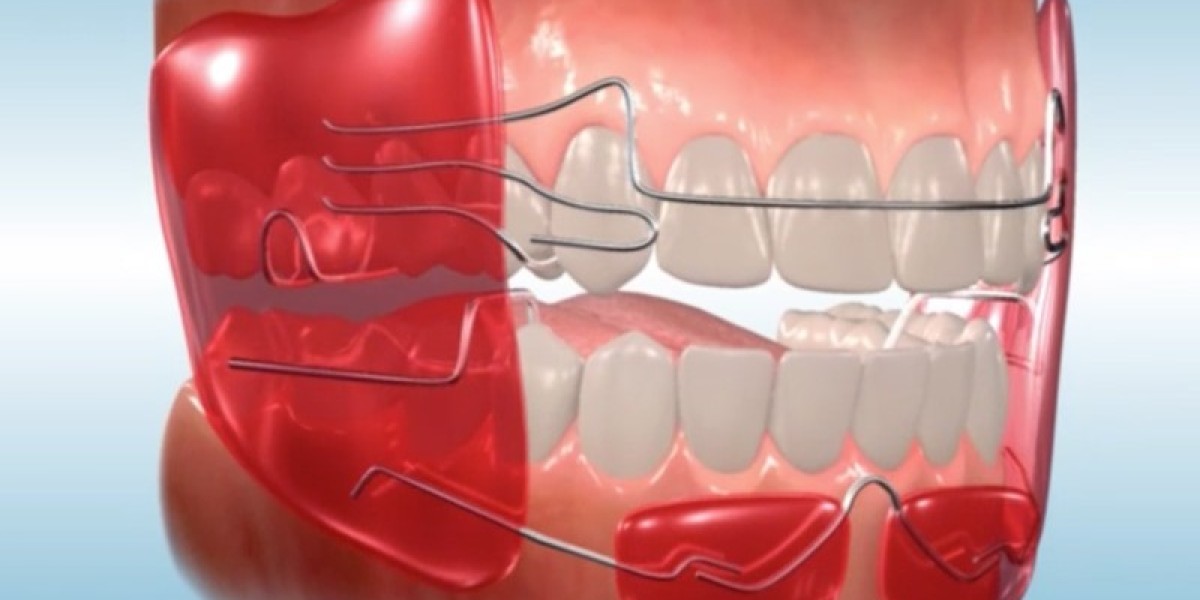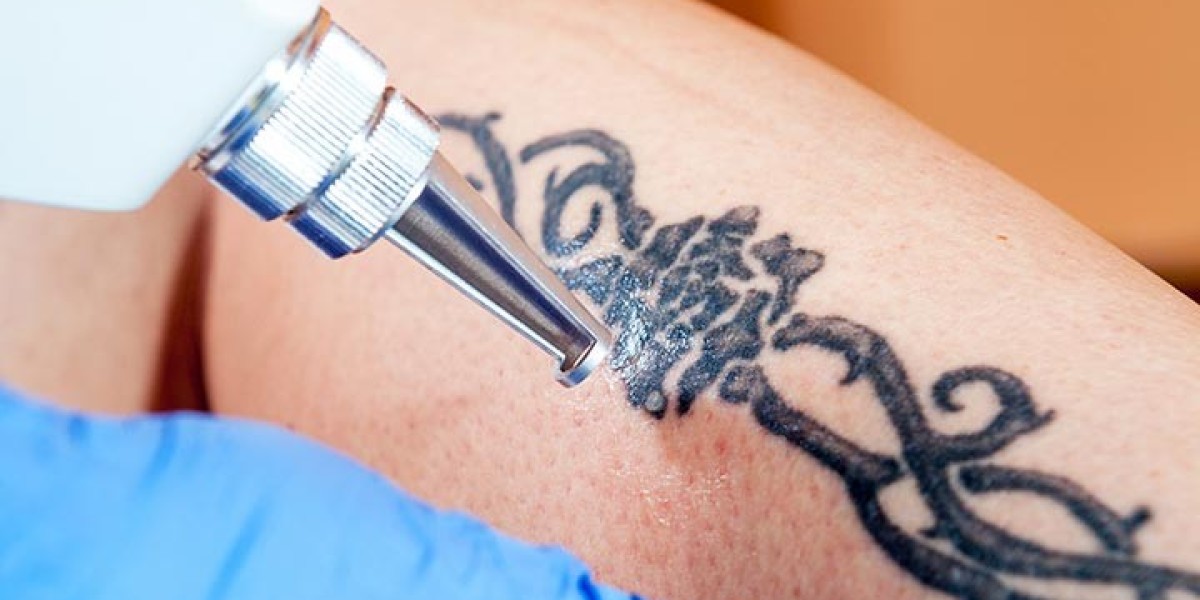Many patients ask, what happens if you stop wearing your retainer? After months or even years of orthodontic treatment, the final step—wearing a retainer—is critical for keeping your smile aligned. Yet, some people underestimate its importance and eventually stop wearing it. Unfortunately, the consequences of this can be significant. Dental Appliances maintain your teeth’s new positions, and discontinuing use allows your teeth to slowly drift back to their pre-treatment state. That means all your time, effort, and money spent on braces or aligners could be undone.
Teeth Begin to Shift—Quickly:
Once you stop wearing your retainer, tooth movement can begin within just a few days. Teeth are not fixed permanently in place after braces; instead, they rely on the surrounding bone and ligaments to stabilize, a process that takes time and consistency.
Shifting can begin in as little as 1 week
Front teeth are usually the first to move
Mild changes may turn into noticeable misalignment within months
This relapse is more common and faster in the months immediately after orthodontic treatment. However, even years later, teeth can shift again due to natural forces like chewing pressure, age-related changes, and even nighttime clenching.
Your Bite May Become Misaligned:
Not wearing your retainer doesn’t just affect how your smile looks—it can also impact how your teeth function. Over time, your bite may start to misalign again, causing new dental problems that go beyond appearance.
A shifting bite can create pressure on the jaw
May lead to grinding or uneven wear on teeth
Can result in discomfort or TMJ-related issues
An aligned bite ensures smooth chewing and reduces the chance of long-term wear on specific teeth. Ignoring your retainer risks bringing back these functional problems, which could later require corrective treatment like braces all over again.
Orthodontic Results May Be Lost Permanently:
One of the most serious risks of quitting retainer use is losing your orthodontic results permanently. Without retention, the improvements made during months or years of orthodontic work can fade away—and sometimes they can't be fully reversed.
Gaps may reopen between teeth
Crowding or rotations may return
Results may not be replicable without additional treatment
In severe cases, patients need a second round of orthodontics to correct the regression. This not only requires more time but also leads to additional costs. Retainers are a simple way to protect the investment you’ve already made.
Retreatment Can Be Costly and Time-Consuming:
If your teeth shift significantly, you may need retreatment—which means going back to braces or aligners. Depending on how much your teeth have moved, this could be a minor fix or a full-scale repeat of your original orthodontic journey.
Retreatment often costs hundreds to thousands of dollars
Requires multiple orthodontist visits and time commitments
Emotional frustration of undoing your previous progress
Considering how easy it is to wear a retainer nightly, the cost-benefit ratio strongly favors consistent use. A small, consistent habit can save you from unnecessary future treatment.
Preventing Problems With a Retainer Routine:
So, what happens if you stop wearing your retainer? You risk everything you worked hard to achieve. The good news is that creating a simple daily retainer routine helps you avoid this outcome entirely.
Keep your retainer in a visible spot to remind you to wear it
Clean it regularly to keep it fresh and comfortable
Talk to your orthodontist if your retainer feels tight—it may signal movement
If your Dental Appliances Treatment no longer fits, don’t force it. Contact your orthodontist immediately to assess the situation and potentially get a replacement. Acting quickly can prevent minor shifting from turning into a major setback.
Final Thoughts: What Happens If You Stop Wearing Your Retainer?
To sum it up, what happens if you stop wearing your retainer? Your teeth will move—sometimes subtly, sometimes dramatically—and the results of your orthodontic treatment may be lost. What’s worse is that this process often happens without warning, making it harder to fix once changes are visible.
Teeth shift naturally without daily retention
Bite misalignment can lead to discomfort and dental issues
Retreatment may become necessary, costing time and money
Wearing your retainer doesn’t take much effort, but the payoff is enormous. With consistent care and regular use, you can protect your smile for life. Make your retainer part of your nightly routine—and protect the beautiful results you’ve earned.







